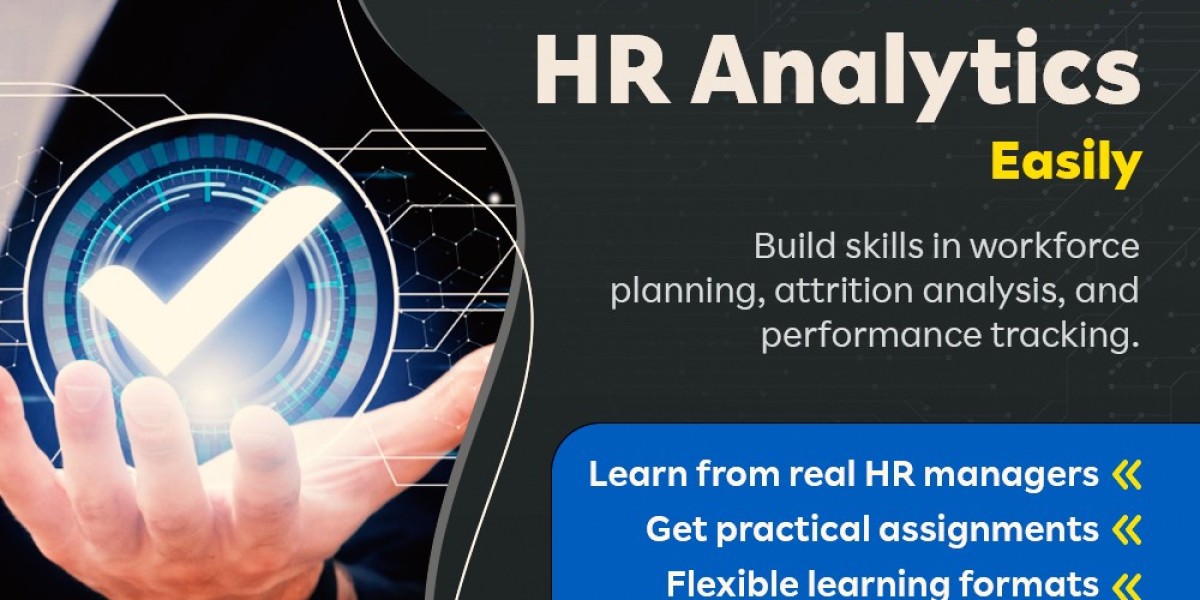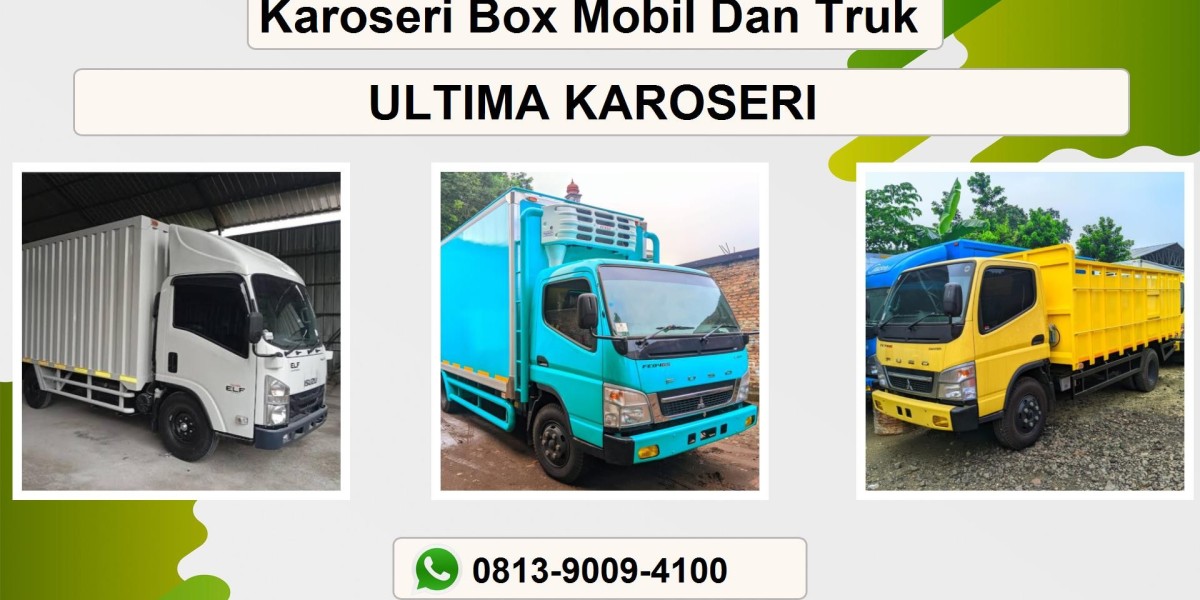The global business landscape has transformed dramatically over the past decade, creating unprecedented challenges for organizations worldwide. Companies that once competed locally now face international rivals, while technological advances have made remote collaboration the norm rather than the exception. In this rapidly evolving environment, traditional workforce strategies are no longer sufficient to maintain competitive advantage.
Modern organizations must fundamentally rethink their approach to talent management, employee development, and strategic planning. The companies that will thrive in tomorrow's marketplace are those investing in comprehensive workforce analytics and data-driven decision-making. This shift requires leaders to embrace new methodologies and tools, including specialized training programs like an HR Analytics Training Course in Mumbai to build essential capabilities.
Understanding the Global Competitive Landscape
Today's business environment demands agility, innovation, and strategic foresight from every organization. Companies operating in traditional markets suddenly find themselves competing against digital-first startups, multinational corporations, and technologically advanced enterprises from emerging economies. This competition extends beyond products and services to include the battle for top talent, innovative practices, and operational efficiency.
The most successful organizations recognize that their workforce strategy must align with global trends and market demands. They understand that attracting, developing, and retaining talent requires sophisticated approaches that leverage data analytics, predictive modeling, and strategic insights. Companies are increasingly turning to specialized education programs, such as an HR Analytics Training Course in Mumbai, to equip their teams with necessary analytical skills.
The Role of Data Analytics in Modern Workforce Strategy
Data analytics has become the cornerstone of effective workforce management in the digital age. Organizations that harness the power of employee data, performance metrics, and predictive analytics gain significant advantages in talent acquisition, retention, and development. These companies can identify patterns in employee behavior, predict turnover risks, and optimize their human capital investments for maximum return.
Workforce analytics enables organizations to make evidence-based decisions about hiring, training, compensation, and career development. By analyzing employee performance data, engagement scores, and productivity metrics, companies can create targeted interventions that improve overall organizational effectiveness. The complexity of these analytical processes often requires specialized training, which is why many organizations are investing in programs like an HR Analytics Training Course in Mumbai for their HR teams.
Building Global Talent Acquisition Capabilities
Effective talent acquisition in a global marketplace requires sophisticated strategies that go beyond traditional recruitment methods. Organizations must develop capabilities to identify, attract, and onboard talent from diverse geographical locations, cultural backgrounds, and professional experiences. This process involves understanding local market conditions, regulatory requirements, and cultural nuances that impact hiring decisions.
Successful global talent acquisition relies heavily on data-driven insights to identify the best sources of talent, optimize recruitment processes, and predict candidate success. Companies are using advanced analytics to assess candidate fit, predict performance, and reduce time-to-hire metrics. These analytical capabilities require specialized knowledge and skills, often developed through comprehensive training programs such as an HR Analytics Training Course in Mumbai.
Developing Cross-Cultural Competency and Global Mindset
Organizations competing globally must foster cross-cultural competency throughout their workforce. This involves creating awareness of cultural differences, building communication skills across diverse teams, and developing leadership capabilities that transcend geographical boundaries. Companies that excel in this area create inclusive environments where diverse perspectives contribute to innovation and problem-solving.
Building global mindset requires systematic approaches to employee development, including exposure to international markets, cross-cultural training, and collaborative projects with international teams. Organizations are leveraging analytics to measure the effectiveness of these programs and identify areas for improvement. The analytical skills needed for this type of measurement and optimization are often developed through specialized programs like an HR Analytics Training Course in Mumbai.
Technology Integration and Digital Workforce Transformation
The integration of technology into workforce strategy has become essential for global competitiveness. Organizations must embrace digital tools, automation, and artificial intelligence to enhance employee productivity, streamline processes, and create competitive advantages. This transformation requires careful planning, implementation, and ongoing optimization based on performance data and employee feedback.
Digital workforce transformation involves reskilling employees, implementing new technologies, and creating digital-first processes that support remote collaboration and global operations. Companies must use analytics to track the effectiveness of these initiatives, measure return on investment, and identify opportunities for continuous improvement. The analytical expertise required for this transformation is often developed through specialized training such as an HR Analytics Training Course in Mumbai.
Performance Management in a Global Context
Global organizations must develop performance management systems that account for cultural differences, varying work styles, and diverse business environments. Traditional performance evaluation methods often fail in global contexts, requiring more sophisticated approaches that leverage data analytics and cultural sensitivity. Organizations need systems that can fairly assess performance across different time zones, work cultures, and business conditions.
Effective global performance management relies on continuous feedback, data-driven insights, and adaptive approaches that can be customized for different regions and cultures. Companies are using advanced analytics to identify performance patterns, predict future success, and create personalized development plans for employees worldwide. The analytical skills necessary for this level of sophistication are increasingly being developed through programs like an HR Analytics Training Course in Mumbai.
Strategic Workforce Planning for Future Readiness
Organizations must develop strategic workforce planning capabilities that anticipate future skill requirements, market changes, and competitive pressures. This involves analyzing industry trends, technological developments, and market dynamics to create workforce strategies that position companies for long-term success. Strategic planning requires sophisticated analytical capabilities and forward-thinking approaches to talent management.
Future-ready workforce strategies incorporate scenario planning, predictive analytics, and continuous adaptation based on changing market conditions. Companies must build internal capabilities to analyze workforce data, predict future needs, and create agile responses to market changes. These capabilities are often developed through comprehensive training programs such as an HR Analytics Training Course in Mumbai.
Measuring Success and Continuous Improvement
Successful global workforce strategies require robust measurement systems that track key performance indicators, employee engagement metrics, and business outcomes. Organizations must establish baseline measurements, set improvement targets, and create feedback loops that enable continuous optimization of their workforce strategies. This measurement-driven approach ensures that workforce investments deliver measurable returns.
Continuous improvement in workforce strategy relies on sophisticated analytics capabilities, regular assessment of program effectiveness, and adaptive approaches that respond to changing business needs. Companies that excel in this area invest in building internal analytical capabilities through training programs like an HR Analytics Training Course in Mumbai, ensuring their teams have the skills necessary to drive ongoing improvement and maintain competitive advantage in the global marketplace.








